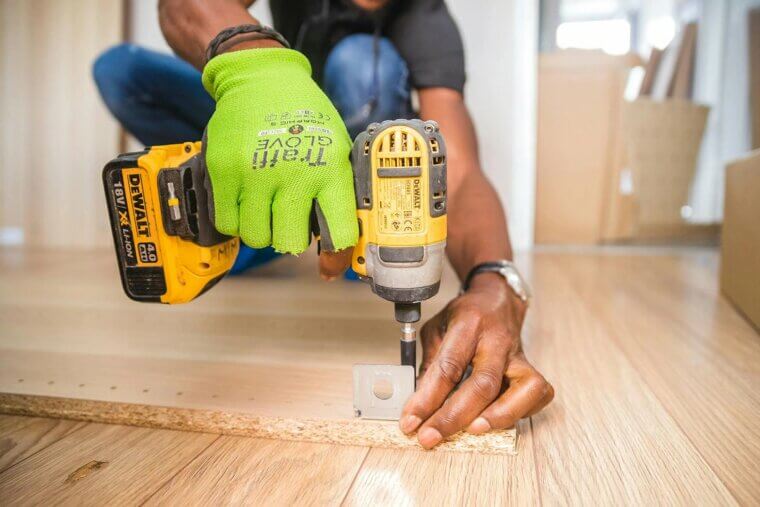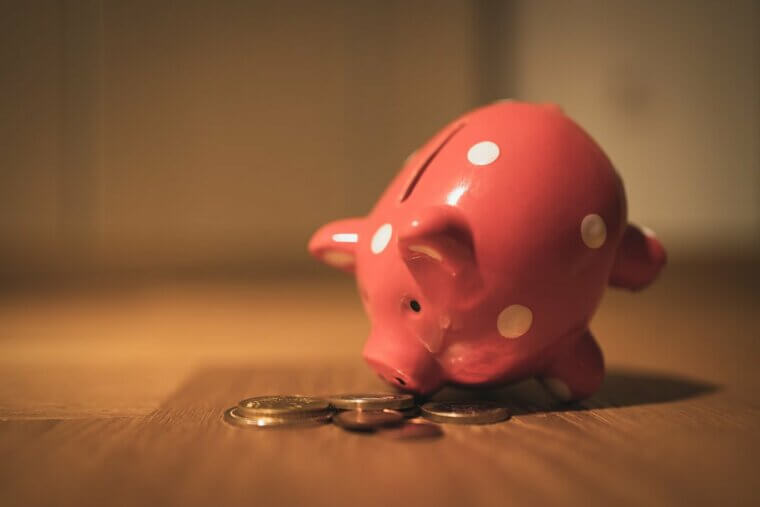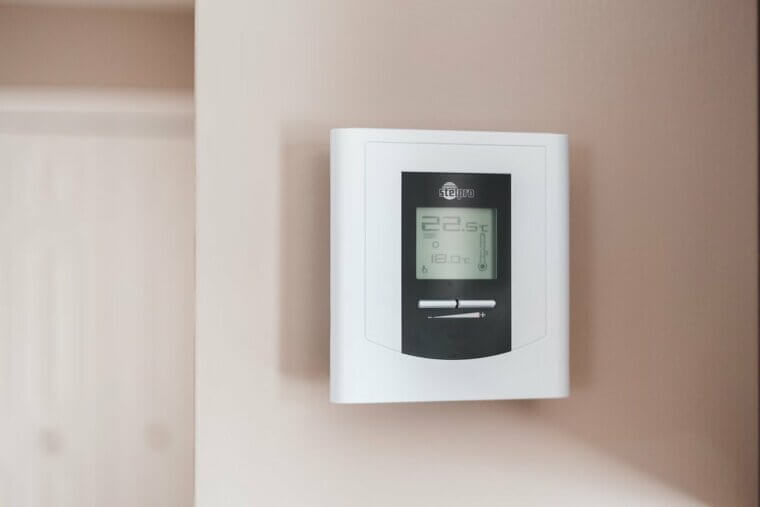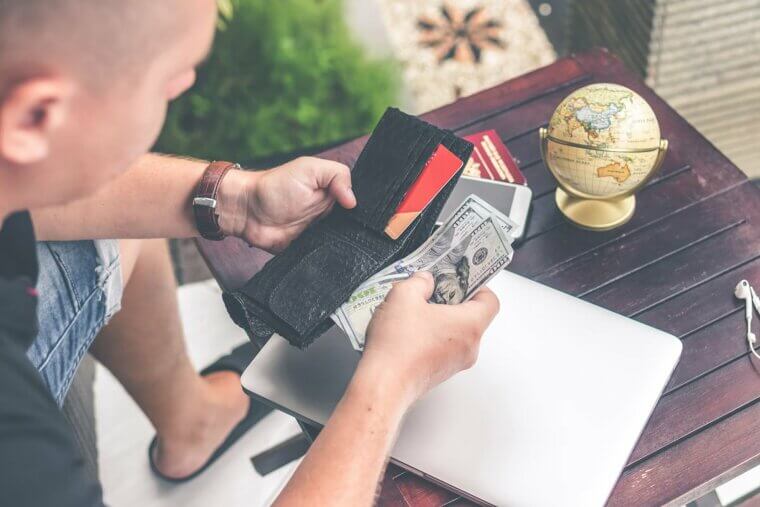Expenses Are Unavoidable
Saving money can often feel like an uphill battle. Just when you’re think you’re in the clear, suddenly you’re hit with a huge bill or the “check engine” light comes on. It’s maddening and a great source of stress. But luckily, there are many clever ways to save money in 2025, and we’ve gathered a list of the most intriguing tips for you.
Automate Your Savings
You should set up automatic transfers from checking to savings every payday, because even small, seemingly inconsequential deposits add up eventually. It’s thought that you could save anywhere from $20 to $100 a month by making this simple change.
Go Through Your Subscriptions
Take a long, hard look at your outgoings and see if there’s any subscriptions in there you haven’t used for a long time. Do you still pay for Netflix despite hating nearly every single show on Netflix? Then away it goes. Be ruthless – it’ll save you money in the long run. You can always watch the shows you do like at a friend’s house.
Meal Plan and Cook at Home
Buying takeout food every day is bad for your budget and bad for your body. And eating out at restaurants every day will cost you a fortune. Start planning your meals and learn to cook. There’s countless YouTube videos out there which will teach you how to get the best out of cheap ingredients.
Use Cashback and Rewards Programs
It’s time to start taking advantage of what big corporations can offer you. You can maximize savings on everyday purchases by using cashback apps and loyalty programs, things that give you money back for items you would have bought anyway.
Buy Generic Brands
Generic brands usually taste exactly the same as the name brands and are even sometimes made by the same company. Switch out just a couple of things on your grocery list for the generic versions and you might be surprised how much money it saves you.
Shop With a List
How many times have you been in a grocery store and bought something on impulse, only to decide later that you didn’t really need it after all? Don’t fall into that trap, always set a list before you go shopping and firmly stick to it.
Use Public Transportation
You might not think about it very much, but owning a car is expensive. You have to pay for gas, insurance, maintenance, parking, and any fines you might accidentally rack up. When possible, opt for public transportation, biking, or just plain walking. Even replacing a few car trips a week can save hundreds monthly.
Get a Library Card
Maybe you’re a bookworm, and nothing gives you more pleasure than buying a brand-new book? But if you’re on a strict budget, it’s time to break that habit. Instead of going to the bookstore, get yourself a library card and go to the library. They’re amazing places.
Unplug Your Devices
So many people plug in their devices and just leave them, wasting a ton of electricity. Make sure to always unplug chargers, TVs, computers, etc when not in use, or use a smart power strip to help. It’s a simple habit that reduces your electric bill.
Buy in Bulk, but Carefully
Buying in bulk saves money - if you choose wisely at the store. Focus on non-perishable items like toilet paper, rice, or pasta, all things that will store for a long time. Avoid bulk perishables unless you’re certain they’ll be used. It can work out really well if you have a big family.
Review Insurance Policies
You should be shopping around for new car, home, and renters insurance every year, and researching thoroughly to see what’s on offer. You see, rates vary widely between providers, and bundling can offer great discounts.
DIY When Possible
Try not to get too intimidated by DIY. Some aspects of it are really easy – and more to the point, inexpensive. YouTube and DIY blogs make it easier than ever to patch up small problems with your house or even your clothes. Why not try sewing on that loose button?
Drink More Water
Are you buying endless fruit juices or flavored water from the grocery store? Why bother when you have water flowing from a tap at home? You could save anywhere from $20-$50 dollars ditching the expensive drinks and just using your tap.
Set a 24-Hour Rule for Purchases
Here’s a good thing to do – every time you’re online shopping, add what you want to the cart and then wait 24 hours. Those 24 hours give you enough time to think about whether you really want the purchase or not. If you change your mind, just cancel the purchase.
Use a Budgeting App
There are so many free budgeting apps on the market and any one of them can help you with your spending habits. When you’re aware of exactly what’s going out and why, it’s easier to find ways to cut back and spend less.
Refinance Debt
Try not to worry too much if you’re in debt. Head to your bank and talk about refinancing student loans, mortgages, or credit cards to secure lower interest rates. This lowers your monthly payments and total repayment cost.
Cancel Gym Memberships
So many people sign up for a gym on a whim, and start paying them money only to find out they’re actually not a gym person after all. Of course, the ideal solution is not to be lured in in the first place, but the second best solution is to cancel the membership.
Pack Your Own Lunch
Most folks go to work and buy something to eat during their lunch break. But think about how much money you’d save if you just packed your own lunch everyday, made from food you already had in the fridge. Gotta be at least $30 a month, right?
Take Advantage of Free Entertainment
You’d be amazed at how many free entertainment options there are in your area. Many museums, for example, are open to the public for free on some days. Browse the internet for events happening near you and enjoy a fun, free day out.
Use a Thermostat Wisely
Heating and cooling your home are major energy expenses. Lower your thermostat in winter and raise it in summer to save on bills. A programmable or smart thermostat can help immensely here, as it adjusts settings automatically. Talk to your energy provider about getting one.
Shop Secondhand
Thrift stores are amazing. You can often find really good clothes, household decorations, and toys in there for a fraction of what they would cost in a regular store. Shopping thriftily also helps the environment, as it means unwanted items don’t go to landfill.
Switch to a High-Yield Savings Account
Standard savings accounts earn very little interest. By switching to a high-yield online savings account, you could make your money work harder for you. Visit your bank and have a good long talk with them about what they could do to make you just a tiny bit richer.
Grow Your Own Herbs and Vegetables
Having a garden is in no way a replacement for buying food, but it does help. A small garden or even a few pots on a balcony can save money on grocery bills when fresh herbs and veggies begin to grow. Try it – you’ll get a great sense of accomplishment as well.
Use Cash for Small Purchases
Some people think we live in a cashless society now, but that’s really not the case. Withdraw a set amount of cash each week for non-essentials - like coffee, sugary treats, or entertainment - and when it’s gone, stop spending.
Avoid Bank Fees
Overdraft charges, ATM fees, and monthly maintenance fees are all very avoidable. Choose a bank or credit union with no-fee accounts, stay on top of your balance, and always make sure you use an in-network ATM.


























